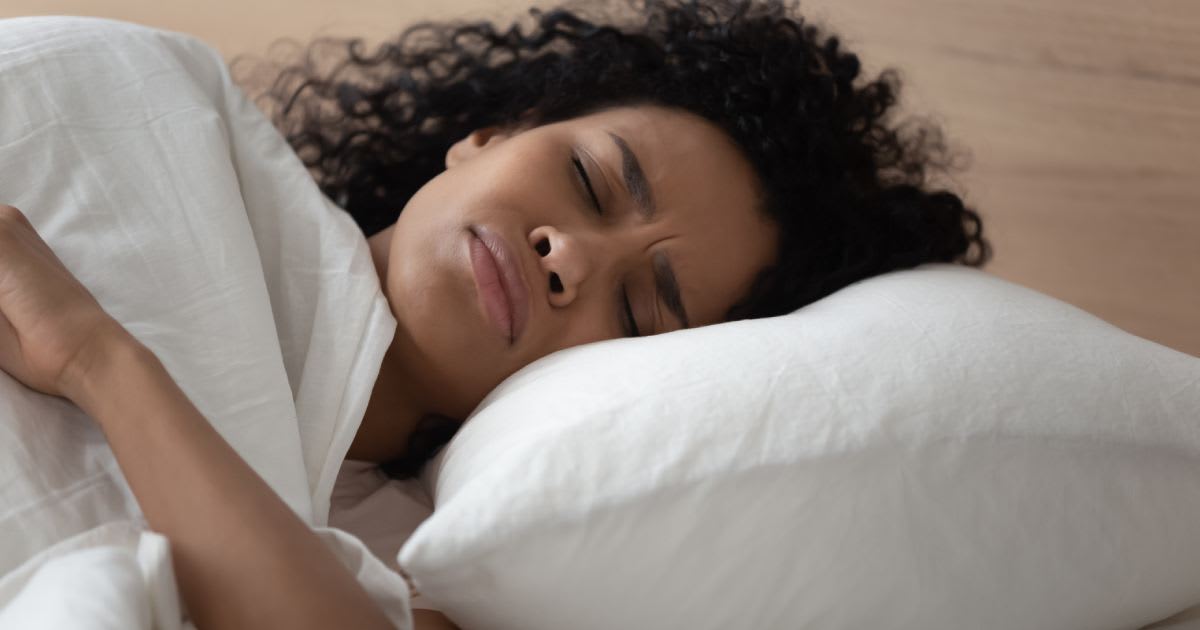African Americans with sleep apnea are more likely to develop type 2 diabetes, new research has suggested.
The study has shown that sleep apnea, when a person’s breathing stops and starts while they sleep, aggravates blood sugar levels.
If left untreated, this can lead to type 2 diabetes, a condition that is already more prevalent among the African American community. Findings suggest that black men are 1.5 times more likely than white men, and black women are two times more likely than white women, to develop type 2 diabetes.
The data was collected for the Jackson Heart Study and involved nearly 800 African American people who had undergone home sleep apnea tests.
Duration, efficiency, night-to-night variability and multiple disruptions during sleep were analysed. The sleeping patterns were divided into different groups, which were regular sleepers, individuals with mild sleep apnea, moderate sleep apnea, and severe sleep apnea.
Among the participants, 25% had type 2 diabetes, 20% reported that they took diabetes medication, and around 57% were diagnosed with sleep apnea but had not been given any treatment for the condition.
Of those who had severe sleep apnea, 14% had higher fasting blood glucose levels compared with the people who did not have sleep apnea, which was also associated with high HbA1c levels.
The people in the study who had experienced poor sleep fragmentation and varied sleep patterns they were also more likely to have increased blood glucose levels.
Among the individuals who did not have diabetes, disturbed sleep was associated with higher insulin resistance.
Lead author of the study Yuichiro Yano said: “The study underscores the importance of developing interventions to promote regular sleep schedules, particularly in those with diabetes. It also reaffirms the need to improve the screening and diagnosis of sleep apnea, both in African Americans and other groups.”
Previous research has also found that sleep patterns are linked to cardiovascular and metabolic outcomes. This latest finding has shown that focussing on good, quality sleep could help reduce the risk of type 2 diabetes among the African American community.
The study has been published in the Journal of the American Heart Association.




